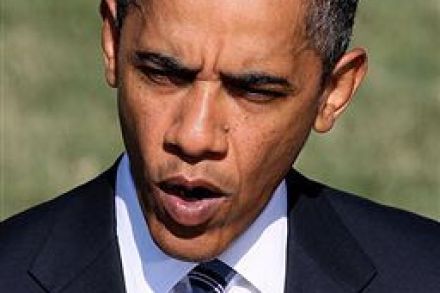The politics of ringfencing
Jean Chrétien, the former Canadian prime minister, has acquired an almost mythic status in certain Tory circles for the way his government cut back public spending in the 1990s. So it’s worth paying attention to his remarks about ringfencing departmental budgets last night. He didn’t quite go so far as to say that withholding the axe would fatally undermine George Osborne’s deficit reduction plan, but he did suggest that it would make the politics of the situation a good deal tricker: “Jean Chrétien, whose tough fiscal tightening programme in the 1990s is seen by the Government as a model for Britain today, warned that everyone always came up with plausible



















